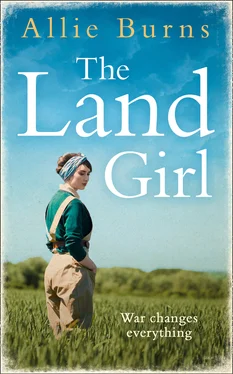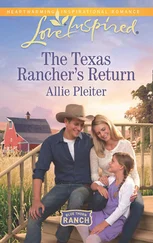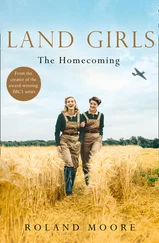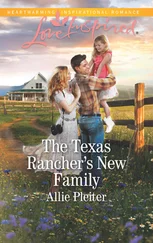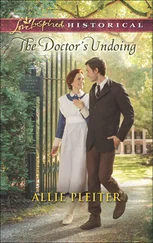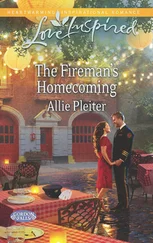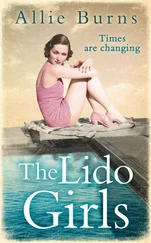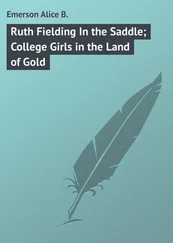‘Well I am offended, Mr Tipton.’
He stood, snatched a lantern up from the wall and stomped off into the yard, slamming the door behind him before she could say any more. Emily rose to her feet and watched from the window as he swung his lamp across the farmyard. The shadows stretched and grew to ghoulish heights against the farmhouse and the Kentish ragstone of the stables.
Then as she stoked the fire, she noticed wet newspaper soaking in a bucket, being readied to make into bundles for the fire. Next to that, a pile of old newspapers. The Standard sitting on top. She pulled the newspaper cutting from her pocket just as Mrs Tipton emerged from the scullery, wiping her hands on her pinafore.
‘You got my hand delivery then.’ Mrs Tipton pointed her nose towards the cutting.
It had been Mrs Tipton? She knew more than anyone how much Mr Tipton and Mother would object. What was she thinking of – encouraging Emily to taste ideas and dreams that were out of her reach?
‘You shouldn’t take any notice of the ole man’s bluster. He’s ready for his retirement, that’s the problem. He wants life nice and easy; he doesn’t want the trouble the war is bringing.’
Sally the collie nudged at her with her wet nose.
‘It’s true, those villagers are a let-down to the farm, your family and the country,’ Mrs Tipton said. ‘And no one’s as surprised as me to learn that Olive Hughes is shirking off. But I think the ole man is wrong to say he won’t take on another woman, because a bright, strong girl like you who loves this place and the outdoors and is familiar with the animals is just what he needs. He just doesn’t know it yet.’
June 1915
Dearest Emily,
I expect it is so very quiet with you in Kent. No such luck in Flanders. Fritz called on us twice in the night with his gas shells. I lay in a fitful half-sleep waiting for him to pay us another a visit.
How is your beautiful corner of Blighty? Please fill my head with more tales to take me far away from the goings-on here.
Must dash.
Fondest wishes
Theo
But neither Mr Tipton nor Mother would entertain the idea of Emily working on the farm and even Mrs Tipton’s initial enthusiasm for the idea waned. The authorities would be looking for a different sort of girl to her anyway, one with more experience and fewer family commitments.
The whole notion had set her back in the end. Mr Flitwick had taken over much of her kitchen garden work now that Mother had stopped the pretence of turning a blind eye and watched Emily even more closely so that her opportunities to attend to her herbs and vegetables grew fewer and further between.
Then summer came, and the warmth brought first Cecil, her younger brother, from his studies at Oxford, and then her older brother John, home on leave from the Front.
Cecil took up residence in the library, writing who knew what. He was always writing, or reading, or arguing the case of this and that.
For the first few days John was restless, and never in the house for long before he thought of somewhere he ought to be or something he ought to be doing.
‘Wherever is he?’ Mother asked her again and again. This time though, Emily knew where he was. Mr Tipton had lost even more men from the farm and asked for John’s help to discuss how they might fill the gaps.
‘I’ll go and tell him you want to see him,’ Emily told her mother, desperate for an excuse to leave. She found him mending the broken wain with Alfred, the farm’s oldest member of staff.
John had already cast the word out and that morning he’d recruited a couple of Belgian refugees and arranged to move them into one of the cottages at Perseverance Place.
To encourage him back up to the house, that afternoon Emily asked John to help her dig up the rose garden that sat at the edge of the terrace, so she could turn it into a vegetable garden. Mother perched in the window of the sitting room.
‘We’ve got an audience.’ John gestured as he thrust his spade into the soil beneath the roots of a stubborn rose bush that she’d not been able to dislodge herself.
Emily lifted herself up. Her breathing was heavy with exertion, her booted feet spread wide in the tilled soil to steady herself. Her skirts were tucked up in themselves and her hair had fallen out of its knot. Cecil sat beside Mother, smirking, while Mother’s mouth was gathered in a pinch, her brow furrowed.
‘I’m going to make the most of you being here to do as much outdoors as I can,’ she said. ‘She doesn’t belittle me in front of you.’
Emily joined John now to bend the rose bush into submission.
‘I’m sure she’ll get used to the idea of the Victory Garden.’
Didn’t he realise that it wasn’t the loss of the rose bushes that had upset Mother? She’d retrieved the newspaper article from her drawer to show him. He’d been the first person, beside Mrs Tipton, not to dismiss the idea.
‘Have you asked Mother?’ he’d asked.
‘I have, and Mr Tipton,’ she sighed.
‘Like that, is it?’
‘Yes, and I suppose …’
‘What?’
‘Well, I mean they’re probably right, aren’t they? What do I know about farm work really?’
‘What, you mean apart from following Mr Tipton about since you were this high?’ He held his hand beside his thigh. ‘And growing your own crops and your love of the outdoors, and your natural affinity with the animals?’ He shook his head.
‘All right, all right,’ she said. ‘But none of that means I could supervise a bunch of farm workers, not really. Mother probably is right …’
‘Would Father have built this place or opened the cement works if he’d questioned himself? You can’t give up that easily, Emily. They’ll train you, but I’ll bet you hardly need it.’
She smiled. He made it all sound so easy. It was true; she could do all the things he said, and Edna said she looked forward to her vegetables and herbs because they had the best flavour. Emily always kept quiet about her secret weapons; double digging and the manure she collected from Hawk’s stables to enrich the soil. Even Mr Flitwick said she had green fingers. But none of that meant anything if Mr Tipton and Mother wouldn’t listen, and even John’s golden charm couldn’t make light work of the situation.
*
It was Christmas in July at HopBine House. The last two days of John’s leave were a washout; the rain fell with a constant and unrelenting force, while heavy winds whistled around the house.
John said it was too frivolous to take a goose from the farm, but even without any of the trimmings, they lit the fire and hung stockings on the mantelpiece and she began to believe it really was Christmas. Especially being trapped inside the house with her mother, her grandmother – down for the night from London – and Cecil.
After lunch Emily slumped on the sofa, her hand propping up her chin while the rain lashed against the living-room window turning the view to a blurred grey.
‘Emily dear,’ Grandmother called from the other end of the sitting room. Grandmother had been in mourning since her son, Emily’s father, had passed away in 1913. Her hat was alive with twitching black feathers, and she hid behind a nose-length veil and a flowing black dress. ‘I’m in need of news of romance. Tell me. Do you have any? An attractive young girl like you, even one with that disconcerting hint of wildness, must have some young suitor in pursuit.’
‘Mr Tipton’s bullock is the only male interested in my sister.’ Cecil smirked.
‘Actually,’ Emily cut in, ‘I’m writing to an officer at the Front.’
As Emily took her seat at the piano, she noticed her mother was holding her breath, waiting. But she couldn’t meet her eye; Theo was a lowly corporal, a non-commissioned officer. If she dared to tell Mother the truth she’d say Emily was wasting her time and giving false hope to an unsuitable young man. But lowly or not, he’d been a ray of happiness, and she wouldn’t give him up easily.
Читать дальше
